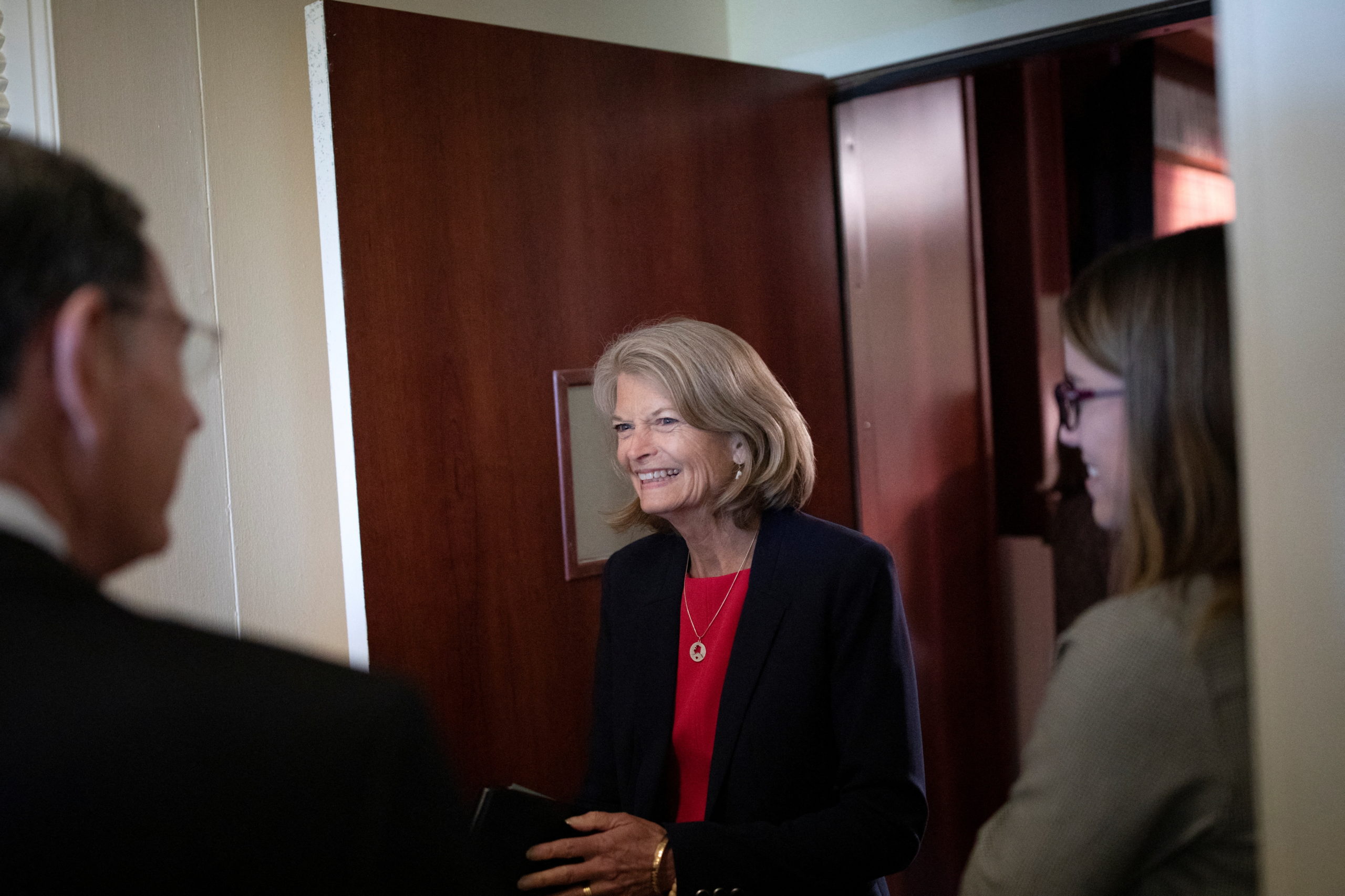US Senate moves to support rapid NATO accession for Finland, Sweden
Both chairs of the Senate Arctic Caucus joined calls for Norway and Sweden's expedited accession to the alliance.

U.S. senators have introduced a resolution last week that would support Finland and Sweden’s accession into the North Atlantic Treaty Organization and call for an expedited process.
The resolution was sponsored by Sen. James Risch, a Republican from Idaho, and its co-sponsors included both chairs of the Senate Arctic Caucus, Lisa Murkowski, a Republican from Alaska, and Angus King, an Independent from Maine.
Finland and Sweden formally applied for membership on May 18, after Russia’s invasion of Ukraine reversed decades of public opinion on joining the alliance and transformed Nordic geopolitics. The accession process was expected to take a few weeks.
But in a surprise move, Turkey announced it would block the membership because of the countries’ support for groups Ankara consider to be terrorists, and because of bans on some arms sales to Turkey.
Sweden and Finland began talks about these concerns with Turkey last week, but they have so far been stymied in gaining Turkey’s support for their membership. All 30 member nations of NATO must unanimously approve new members.
But observers expect negotiations to continue and to be successful.
“It is hard to say how long Turkey will prevent Sweden and Finland from joining NATO, but there are already diplomatic efforts to address Turkey’s concerns,” Evan T. Bloom, senior fellow at the Wilson Center’s Polar Institute, told ArcticToday in an email. “Some sort of understanding with Turkey appears likely to be reached eventually.”
In the meantime, U.S. officials are expressing robust approval for NATO expansion.
“I respect our Nordic allies in their right to choose alliances,” Murkowski said in a statement. “Finland and Sweden must know they have the full support of the United States and the U.S. Senate as they take this next step.”
Preventing NATO expansion was the very reason Russia gave for its conflict with Ukraine, but Putin’s aggression “has not only unified NATO but attracted more nations to this vital defensive alliance,” King said in the statement. “This is a low time for the High North, but by ratifying the accession of Finland and Sweden into NATO, we can stabilize this region around shared values.”
President Joe Biden has also expressed support for the two countries’ accession. “Finland and Sweden make NATO stronger,” he said soon after the countries submitted their applications, adding that the administration was sending paperwork to Congress for speedy approval.
“Both Finland and Sweden believe that Russia’s invasion of Ukraine fundamentally altered the security environment for both countries, and the U.S. agrees with that assessment,” Bloom said.
“Once Finland and Sweden join NATO, all of the member states of the Arctic Council except for Russia will be members of NATO,” he said.
Russian Defense Minister Sergei Shoigu said the NATO expansion would prompt “adequate countermeasures,” expanding forces near Russia’s western borders.
Yet Russian Foreign Minister Sergei Lavrov has said the addition of the Nordic countries would be “not much difference,” since they already regularly participate in military drills with NATO countries.
The current chairman of the Arctic Council, Nikolai Korchunov, warned that accession would “lead to certain adjustments in the development of high altitude cooperation.”
But the Arctic Council was already roiled by Russia’s war, with the other seven Arctic nations temporarily pausing collaboration in the wake of the invasion.
“Although the Arctic Council does not work on military security issues, and the activities of the Council are currently paused, this development is surely disturbing to Russia,” Bloom said.